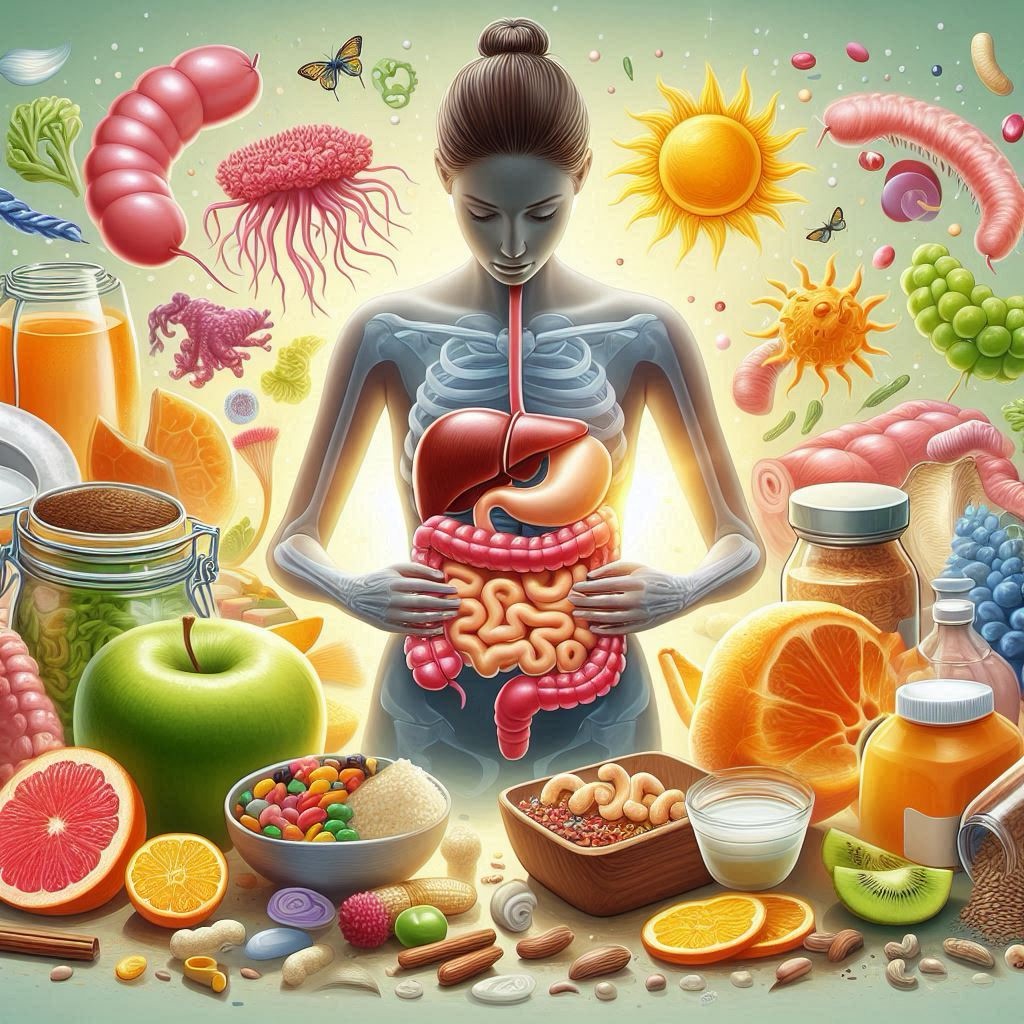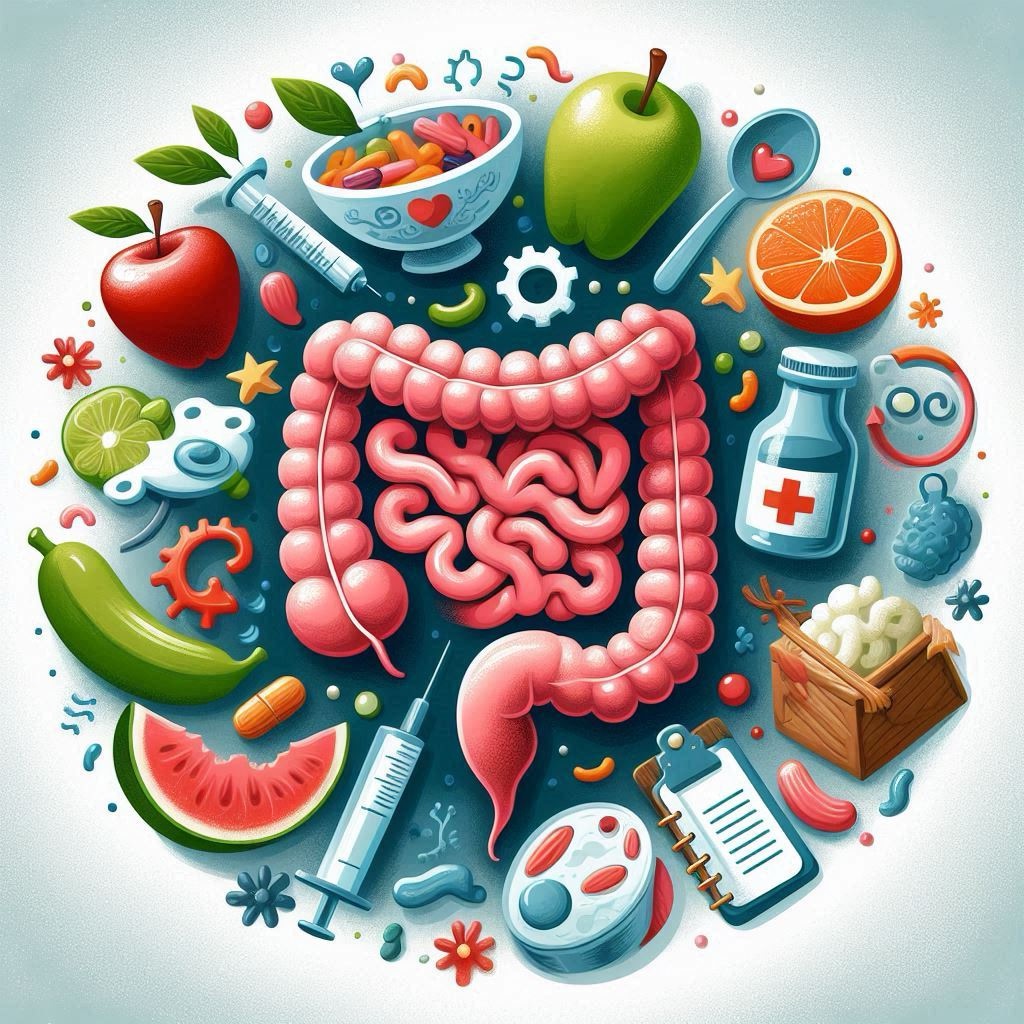
Sunflower losses are a symptom of chemistry, not “just white rot”
Greening agro is not a fad, but a reaction to the fact that excess nutrients are becoming a source of soil and water pollution, and biodiversity loss.
The gut is often called the “second brain,” and for good reason. The gut microbiome plays a key role in our health, influencing immunity, mood, digestion, and even weight. In this article, we’ll look at what the microbiome is, how it works, and provide tips for maintaining a healthy gut.
The microbiome is the collection of millions of microorganisms that live in our intestines. They help digest food, synthesize vitamins, and support the immune system.

1. Eat **probiotics**: yogurt, kefir, kimchi, sauerkraut.
2. Add **prebiotics**: chicory, garlic, onions, bananas.
3. Avoid antibiotics unnecessarily.
4. Drink enough water and eat plenty of fiber.
The microbiome has evolved with humanity over millennia. Our ancestors ate a lot of plant-based foods, which are rich in prebiotics, which helped to develop a diverse microbiome. Modern lifestyles, including the consumption of processed foods and antibiotics, can negatively impact our microbiome.
Research shows that microbiome imbalances are linked to a number of chronic diseases, such as:
1. The microbiome weighs approximately 2-3 kg: This is the approximate weight of all the microorganisms living in our intestines.
2. Microbiome genes: There are more genes in our microbiome than in our entire body. These genes influence various aspects of our health.
3. Uniqueness of the microbiome: Each person has a unique microbiome, similar to fingerprints.
4. Microbiome and the brain: There is a close connection between the gut and the brain, known as the “gut-brain axis.” The microbiome influences the production of neurotransmitters, such as serotonin, which affect our mood.
1. Eat a variety of foods: Variety in your diet helps maintain a diverse microbiome.
2. Eat more fiber: Eat more vegetables, fruits, and whole grains.
3. Include fermented foods: Yogurt, sauerkraut, kimchi are rich in beneficial bacteria.
4. Limit sugar intake: Excessive sugar consumption can negatively impact the microbiome.
5. Pay attention to gut health: Avoid stress, exercise regularly, and drink enough water.
Gut health is the foundation of overall well-being. By taking care of your microbiome, you can improve your immunity, mood, and energy.


Greening agro is not a fad, but a reaction to the fact that excess nutrients are becoming a source of soil and water pollution, and biodiversity loss.

Digestate with biochar and glauconite is an innovative organo-mineral composite for reducing nutrient losses, prolonged plant nutrition, and increasing soil fertility.

Soil degradation and water pollution are increasingly merging into a combined environmental crisis, especially in arid and post-industrial regions.